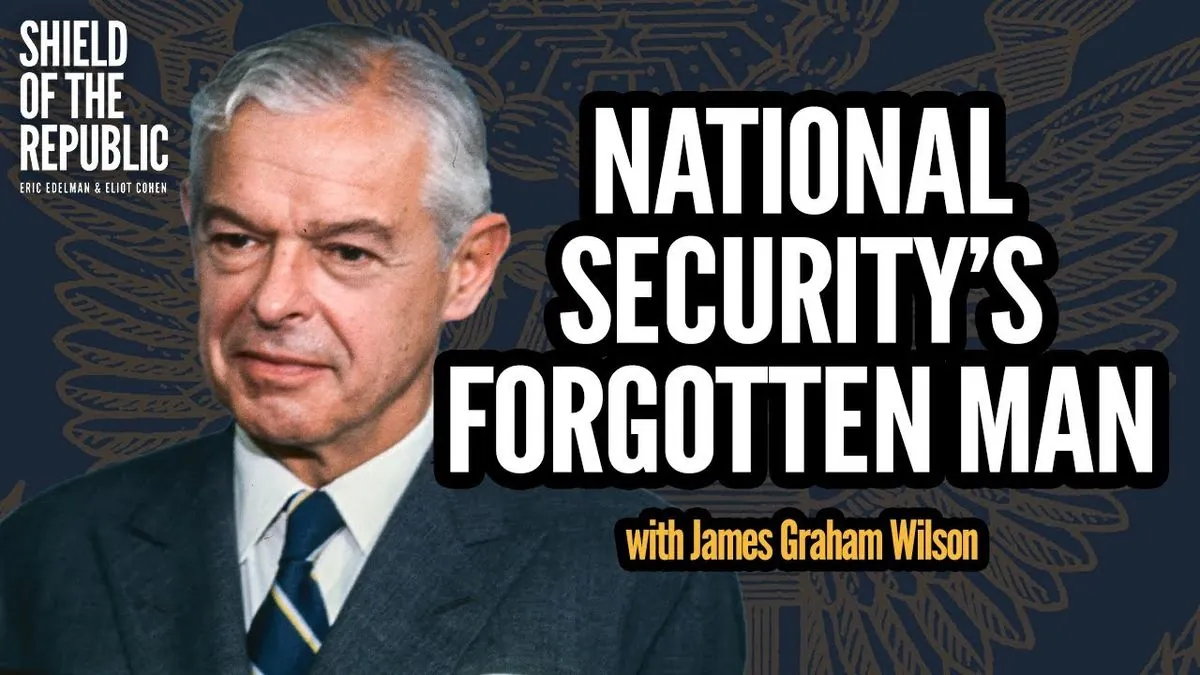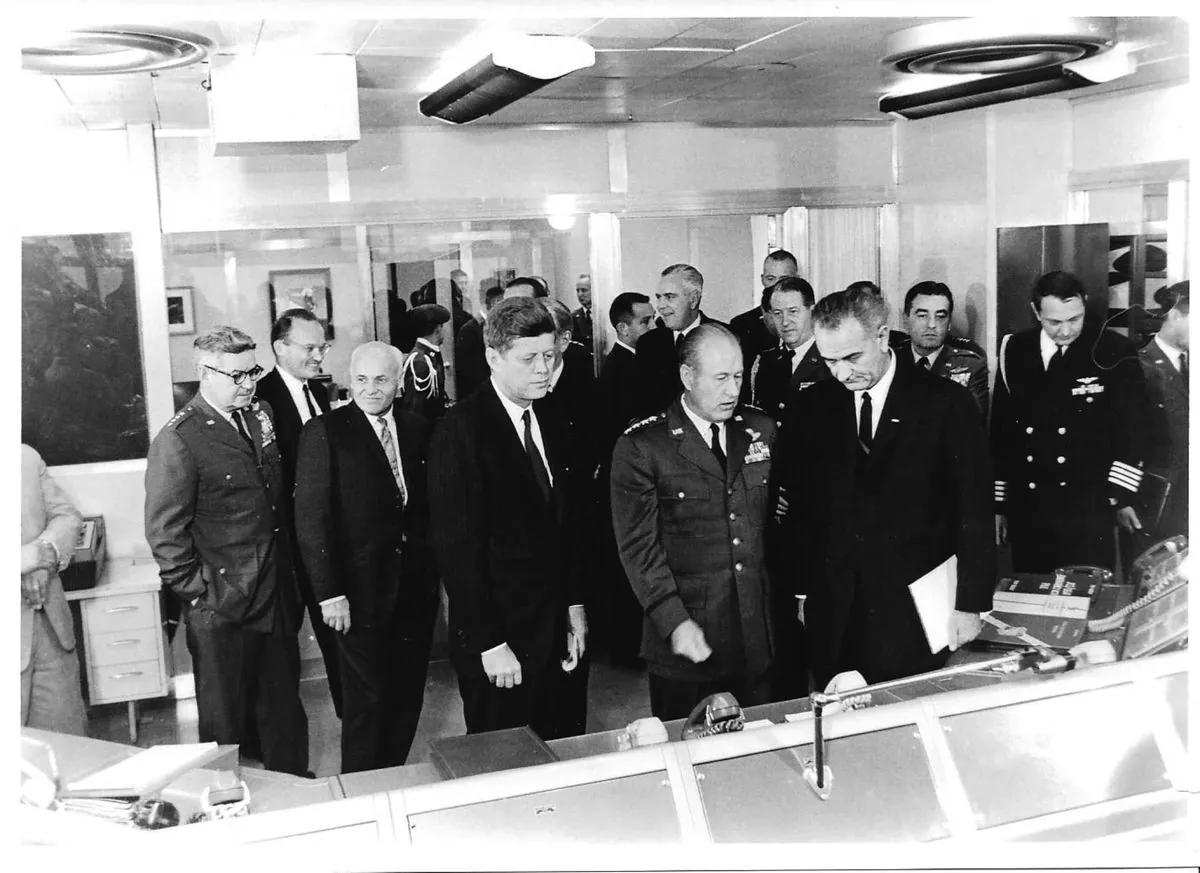Paul Nitze's Legacy: Lessons from a Cold War Strategist
Paul Nitze's focus on military strength shaped U.S. Cold War policy. His approach offers insights and warnings for current U.S.-China relations, highlighting the need for a balanced strategy beyond military superiority.

In the realm of U.S. foreign policy, Paul Nitze stands out as a prominent figure who shaped America's Cold War strategy. His unwavering belief in the necessity of military superiority offers both valuable insights and cautionary lessons for contemporary policymakers navigating the complex landscape of international relations.
Nitze's career spanned several decades, from the Roosevelt administration to the Reagan era. He played a crucial role in crafting NSC-68 in 1950, a document that laid the foundation for U.S. Cold War strategy. This report advocated for a significant increase in conventional military capabilities and a global approach to countering Soviet influence.
Paul Nitze's core conviction was that U.S. strength brought stability, while weakness invited instability. This belief guided his policy recommendations throughout his career. He consistently pushed for increased defense spending, both in conventional and nuclear forces, even if it meant higher taxes or budget cuts in other areas.
"The avoidance of nuclear war is much more important than increasing welfare payments."
Nitze's ideas have found renewed relevance in the current era of competition with China and Russia. The Biden administration's focus on building a network of defense alliances in the Indo-Pacific region echoes the spirit of NSC-68. The U.S. defense budget has reached unprecedented levels, approaching $1 trillion annually.

However, Paul Nitze's approach also highlights potential pitfalls. His focus on military superiority as the primary determinant of international behavior may have oversimplified complex geopolitical dynamics. For instance, the resolution of the Cuban Missile Crisis in 1962 involved diplomatic concessions, not just nuclear superiority.
The current U.S. strategy towards China and Russia appears to be in an "early Cold War" phase, characterized by an escalatory spiral with few restraints. This situation bears similarities to the 1950s and early 1960s, a period that eventually led to dangerous crises and the need for arms control negotiations.
Policymakers today should heed the lessons from Paul Nitze's career. While a strong defense is crucial, an overemphasis on military superiority can become self-defeating. The competition with China, for example, is primarily economic and technological in nature, much like how the Cold War was ultimately decided by economic and ideological factors rather than military might alone.
As the United States navigates its relationships with China and Russia, it would be wise to seek a balance between military preparedness and diplomatic engagement. Establishing military and arms control guardrails should be a priority to avoid repeating the dangerous cycles of the Cold War.
Paul Nitze's legacy serves as a reminder that while military strength is important, it should not be pursued at the expense of other crucial aspects of national power and international cooperation. A more comprehensive approach, considering economic, technological, and diplomatic factors, is essential for addressing the complex challenges of the 21st century.


































